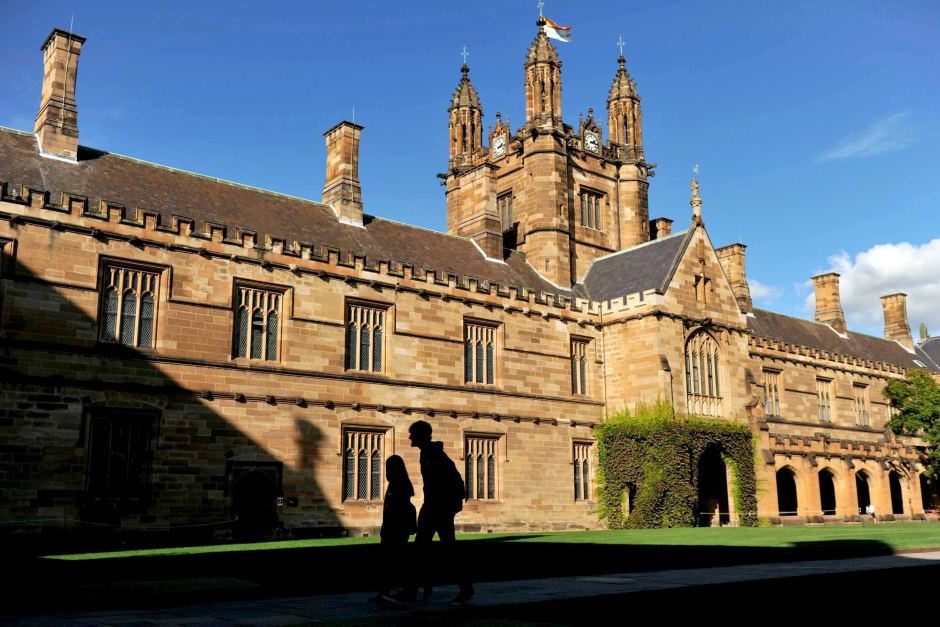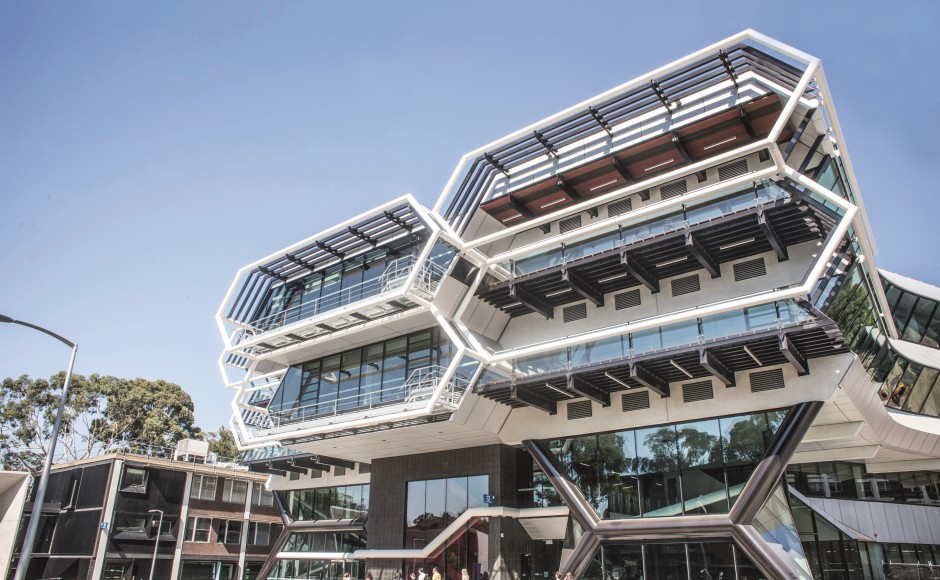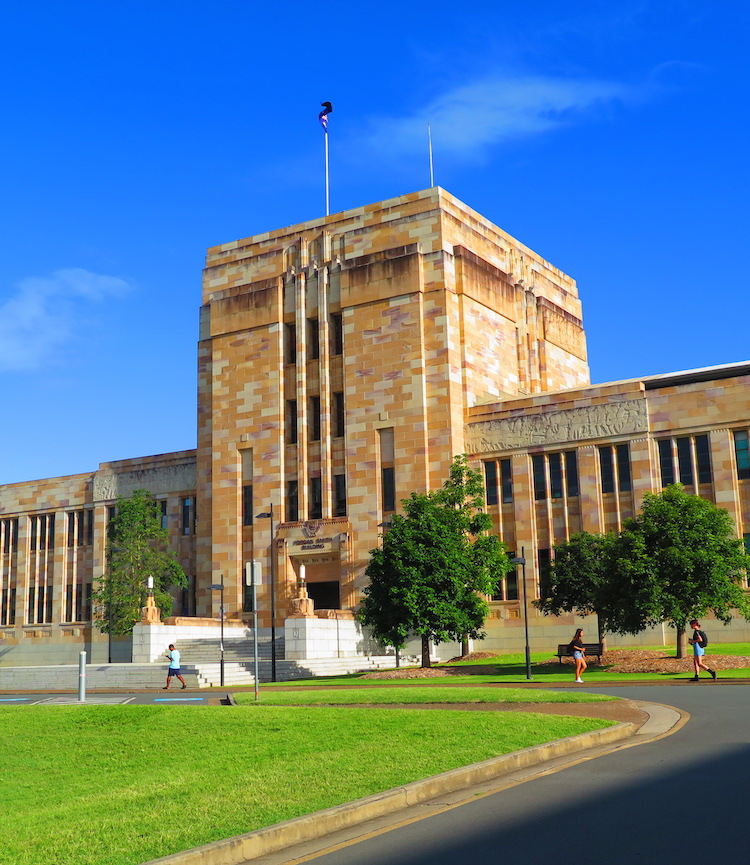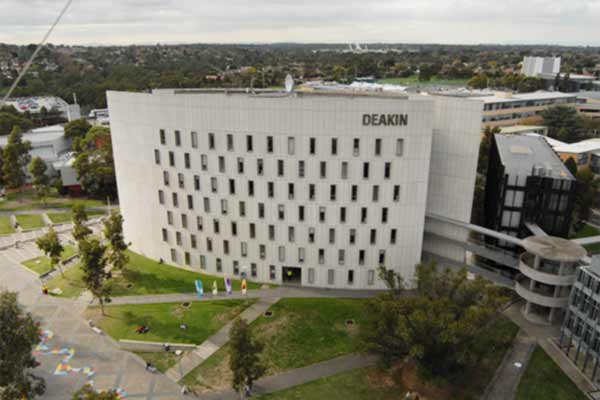The Health Care and Social Assistance industry is projected to be the fastest growing industry within Australia. It is estimated to have around 1,663,900 jobs available. Owing to the growing and ageing population in Australia, the demand for professional nurses has been ever increasing.
Following the demand within the job market, Nursing has become a promising education pathway towards a rewarding career.
Check out Top Courses to Study Based on the Job Market in Australia to know more about Australia’s job market.
The Basics of Nursing
In essence, Nursing students will be expected to take science and medical classes, which can range from (but not exclusively):
- Dosage calculations: doing the math on calculating the ratios of medicine and nutrients with sophisticated formulas.
- Pharmacology: The study of medicine and drugs, their effects and applications.
- Concepts of nursing
- Maternal and newborn nursing
- Parent and child nursing
- Medical surgical nursing
- Acute care nursing
- Psychiatric nursing
Nursing Programs
Diploma of Nursing (1.5 year): Qualifies you to be an enrolled nurse within many TAFE’s within Australia. It also allows a pathway towards being a registered nurse if you choose to further your studies.
Bachelor of Nursing (3 – 4 years): A course will qualify you as a General Registered Nurse. Also, it qualifies you to pursue a Master in Nursing.
Recommended Universities to Study Nursing:
This list is based on the QS World Ranking for each university’s Bachelor’s program in Nursing. They are guaranteed to be credible, as they rank their subjects based on:
- High enrolment rate in the program
- High courses satisfaction rates among students and recent graduates
- High employment rate
1. University of Technology Sydney (UTS)

Program Name: Bachelor of Nursing
General Intake: March
Indicative fee (2019): AUD $36,260
Reigning at rank #10, UTS is located in Ultimo, which is within the southern border of Sydney, and right in the heart of Sydney’s populous business district
Their course calls upon compulsory hands-on learning with their industrial training programs. This course includes extensive nursing practice. Students are responsible for nursing professional training in different healthcare and community settings. Clinical placements occur in blocks each session and are in addition to time spent in the nursing clinical practice laboratories that simulate the clinical environment.
The placements involve morning and evening shifts and in the final year some night duty may occur. The final year of the program has prolonged periods of clinical experience.
2. The University of Sydney

Program Name: Bachelor of Nursing (Advanced Studies)
General Intake: March
Indicative fee (2019): AUD $37,000
Though their nursing program fell short against University of Technology Sydney (UTS), The University of Sydney still holds the reputation as the number one university in Australia.
Their course is structured into four broad areas that are interwoven into learning experiences throughout the course. These areas are:
- Underpinnings to Nursing Practice: engage with areas of study relating to human sciences and research.
- Health, Development and Assessment Health Assessment: It includes areas such as, Child and Adolescent Health and Care; Ageing, Health and Care, and Understanding Experiences of Illness.
- Contexts of Practice: the knowledge and practices of person-centred health care
- Nursing Practice: related to clinical nursing knowledge and practice.
Clinical experience is paramount to the course. All students are required to undertake around 900 hours of clinical placements in health care facilities throughout the degree.
3. Monash University

Program Name: Bachelor of Nursing
General Intake: February
Indicative fee (2019): AUD $33,000
Known as an esteemed university based in Melbourne, their nursing program is able to secure a high #17 spot.
It is a nursing program that teaches a variety of skills important in multiple healthcare settings, including acute care, primary health care, mental health and health promotion. Furthermore, priceless skills like clinical decision-making, client care, communication, cultural competence and research, will be developed through such extensive clinical experience in their programs.
These skill sets will be constantly reinforced through time spent working with excellent mentors and students enrolled in other health science courses (occupational therapy, physiotherapy, paramedic practice, medical imaging, nutrition and dietetics, social work), enabling you to develop the versatility for professional healthcare environments.
4. The University of Queensland

Program Name: Bachelor of Nursing
General Intake: February
Indicative fee (2019): AUD $33,500
Their nursing programs hold an impressionable rank of #21 in the QS World Rankings.
QUT is reputed to be the first provider of tertiary nurse education in Queensland. Their program engages with emerging developments in healthcare and nursing practice that have been established through consultation with industry partners, discipline experts and research literature.
QUT offers operational hospital rooms where you will practise with the latest technology and equipment in a simulated environment. You will complete 840 hours of placement, with extensive support and continual feedback from clinical facilitators, and mentoring relationships with registered nurse mentors.
5. Deakin University

Program Name: Bachelor of Nursing
General Intake: February
Indicative fee (2019): AUD $32,600
And finally, though Deakin University is the last one on the list, their nursing program still found its way to a solid rank #28.
Their program guarantees practical experience to develop medical knowledge and clinical skills, giving you the employment edge to compete in the industry.
Furthermore, extensive research at the school is conducted through the Centre for Quality and Patient Safety Research, and also in partnership with multiple major healthcare providers.
In a nutshell, Australian universities (including the ones outside this list) are putting more effort into their nursing programs, because they too acknowledge the increase in demand. We hope this can aid you in shaping your future into a flourishing nursing career.
International Student enquiries:
Phone: +6018-241-4802
Email: [email protected]

For more stories like this, join the Excel Education community on Facebook
Need help with your uni application? Connect with us here
About Post Author

Jude Chong
A content writer & a student of University of Nottingham studying Bachelor of Communications. I like indie bands and meeting new people 🙂
